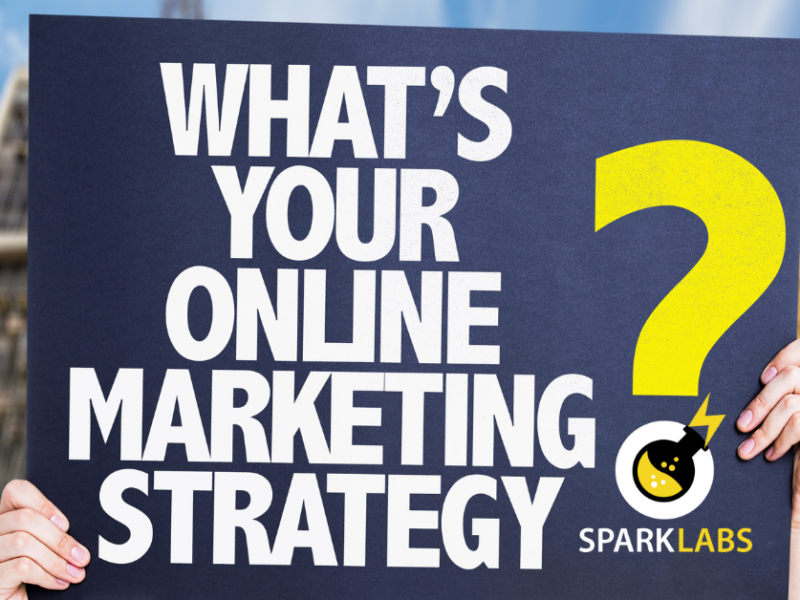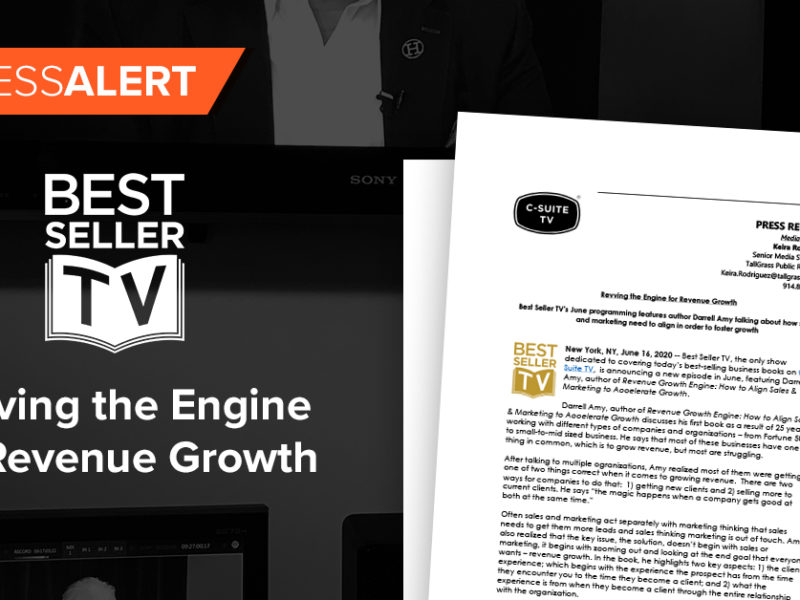
Mood, Food and Shopping: How Marketing Psychology Works
Mood, Food and Shopping: How Marketing Psychology Works https://csuiteold.c-suitenetwork.com/wp-content/uploads/2015/01/1472319885_4b7b22510c_z.jpg 640 480 C-Suite Network https://csuiteold.c-suitenetwork.com/wp-content/uploads/2015/01/1472319885_4b7b22510c_z.jpgby Willis Turner
There is a big set of chemicals that control mood through the neurotransmitters in the brain led by the pleasure drug serotonin. These substances determine whether you feel good and energetic or tired, irritable and spaced out. They run on sugar, preferably the form that comes from low glycemic carbohydrates, according to Molly Kimball, RD.
We’ve long known that food controls mood, but could we often use food to respond to mood? What do you eat when you’re happy? What kind of foods do you indulge in when you’re sad? What about when you’re mad – would you down a pound of bacon?
Knowing mood affects our appetite, how could marketers use our mood or their food to influence customer purchases? Kacen and Friese(1) explored the influence of negative moods on German and American consumers’ buying behavior. Adopting Mehrabian and Russell’s (1974) Pleasure-Arousal-Dominance paradigm, they found that buying something results in a significant change in consumers’ felt pleasure. Consumers self-regulate their moods through making a purchase. In these cases, special prices or promotional offers were not a significant influence in the buying decision.
In a study conducted by British researches, respondents who said they were in a bad mood on their way into a shop were more likely to indulge in an impulse buy. A total of 62 percent said they had bought something to cheer themselves up while 28 percent said they had indulged as a form of celebration.
Food marketers are skilled at getting people to crave and consume the foods that they promote. In a study, authors Dr. Brian Wansink, co-director of the Cornell University Center for Behavioral Economics in Child Nutrition and Professor of Marketing, and Dr. Pierre Chandon, professor of Marketing at the leading French graduate school of business, INSEAD, challenge popular assumptions that link food marketing and obesity.
Their research suggests that consumption of healthy and unhealthy food respond to the same marketing tactics, particularly price reduction. In this study, they present food marketers with a win-win situation in which they can turn the tables, compel consumers to eat healthier foods and maintain profitability.
We probably didn’t need researchers to tell us this, but it’s Friday, and we’ve got a mood on. Now to eat or go shopping, that is the question!
 Willis Turner, CAE CME CSE, has gained international recognition for spearheading global membership engagement and professional certification growth as the President & CEO of U.S.-based Sales & Marketing Executives International (SMEI). Willis is also founder and CEO of Old Clayburn Marketing & Management Services Inc., a full-service association management firm. As a writer and speaker on professional certification, business ethics and leading edge sales and marketing topics, Willis leverages his worldwide business travel experiences to convey an informative and motivating message to his audiences. Willis serves on the National Advisory Board for DECA Inc. He has taught Sales Management at the University of British Columbia, Sauder School of Business. He resides near Vancouver, British Columbia, Canada with his wife of 30 years. Follow Willis on Twitter: @willisturner.
Willis Turner, CAE CME CSE, has gained international recognition for spearheading global membership engagement and professional certification growth as the President & CEO of U.S.-based Sales & Marketing Executives International (SMEI). Willis is also founder and CEO of Old Clayburn Marketing & Management Services Inc., a full-service association management firm. As a writer and speaker on professional certification, business ethics and leading edge sales and marketing topics, Willis leverages his worldwide business travel experiences to convey an informative and motivating message to his audiences. Willis serves on the National Advisory Board for DECA Inc. He has taught Sales Management at the University of British Columbia, Sauder School of Business. He resides near Vancouver, British Columbia, Canada with his wife of 30 years. Follow Willis on Twitter: @willisturner.




